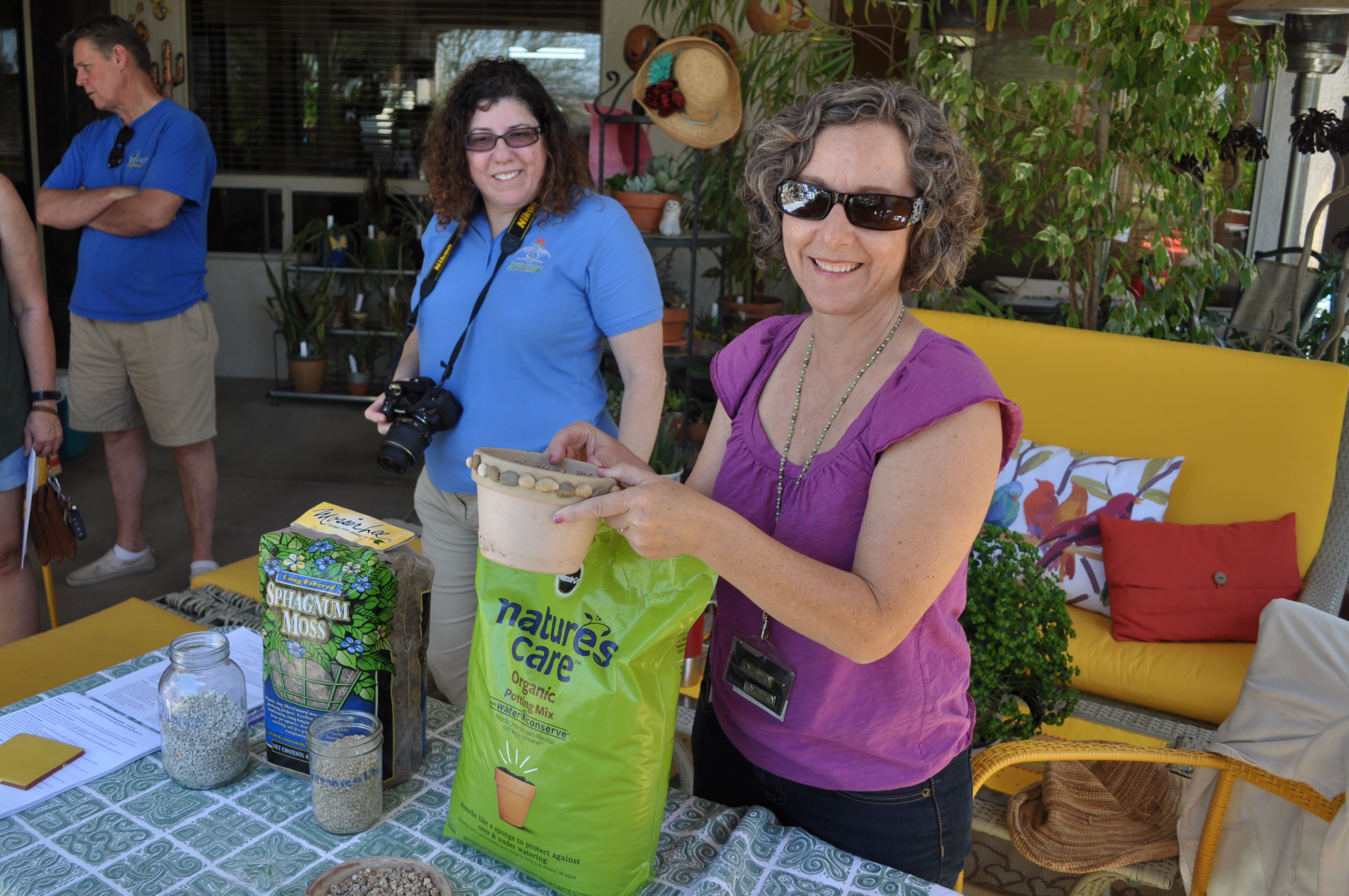What does the term city farming mean?
City farming means growing or raising food in urban areas, right where people live, play and work. With the rise of urban farms and gardens, agriculture is no longer relegated to rural areas. We see this in the growth of home gardens, commercial farms located in neighborhoods, backyard chickens, and vegetables growing on balconies and rooftops. (23 seconds)
Where do people farm in the city?
People are farming in every nook and cranny, from front yards and balconies, to rooftops and abandoned lots. Community and school gardens are also springing up everywhere. (10 seconds)
What trends are occurring that make urban farming popular?
Consumers are demanding more fresh, local foods in the marketplace, and urban farmers are meeting this demand by growing and producing foods near the markets and restaurants where they will be purchased. Individuals and families want the healthiest most delicious foods possible, but want it to be economical, too. So, for many, growing food at home satisfies these concerns. (24 seconds)
For whom was City Farming written?
People from all walks of life are taking an interest in growing food, but two groups in particular are taking it to a new level: families with children and young singles. Families want healthy, delicious, economical foods and they also want to create real experiences with their kids. Growing food dovetails beautifully with those motivations. Singles also want the best food possible, and they desire to stand out and do something that matters. We see so many people applying creativity to growing food and developing really satisfying lifestyles. (33 seconds)
How will City Farming help readers?
For new farmers and gardeners, the book includes tested how-to information that will help them to succeed, from the basics of vegetable gardening to tips for raising livestock. Readers are also guided in the farm-planning process to make them as productive as possible. For those who are already producing food themselves, I communicate a fresh perspective that will help them to think differently about their farms in order to improve them. Most importantly, stories and examples will inspire urban farmers to create the farms that they envision. (32 seconds)
What inspired you to write the book?
I have always had a fascination for growing food, which was inspired during childhood by my grandfather who was a skilled gardener. By the time I had the desire to start my urban farm, he had passed away and I realized that I was at a great disadvantage without the ability to ask him questions. Additionally, at the time, there were not very many people raising chickens and other livestock in the city. We were very much on our own, and had to learn by trial and error. We made a lot of mistakes, but we gained a tremendous amount of knowledge from our experiences. It is my passion to help other gardeners and farmers so that they can avoid the mistakes that we made and create a productive farm much more quickly than we did. (41 seconds)
What is The Micro Farm Project?
The Micro Farm Project is our family farm, located on a residential lot in Phoenix, Arizona. We recently moved the farm from one quarter-acre lot to another. At our former farm, we grew vegetables and fruits, and raised chickens, turkeys, quail, sheep and goats. Since we have moved, we are currently in the process of planning and building our new farm, and people can follow along with our process at TheMicroFarmProject.com. (26 seconds)


